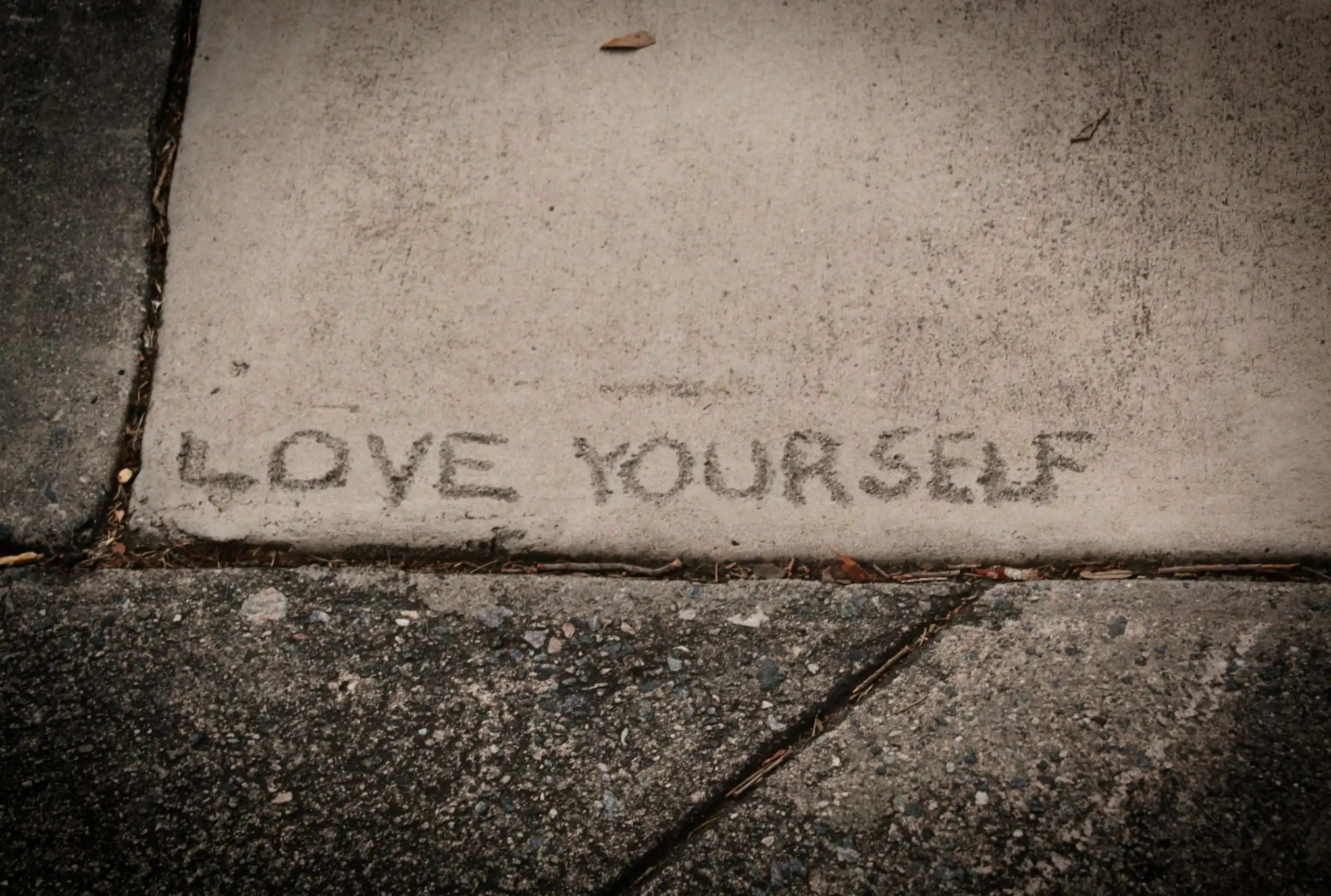When you’re busy with your job, family, bills, and other responsibilities, it’s tempting to put self-improvement and personal growth on the back burner. The same may be said about bettering your life in general.
However, changing your life—or yourself—doesn’t have to be a one-time event. Instead, it’s usually the modest things you do daily that build up to bigger gains in the long term. These modest habits and practices may help you gain confidence, decrease stress, establish stronger connections, maintain a healthy work-life balance, become a happier person (mentally, emotionally, and physically), and become a healthier person (mentally, emotionally, and physically). Creating a personal growth plan will help you develop habits and identify your goals.

Because no one has unlimited time to ponder about self-improvement, let’s start with 30 minutes. That’s all there is to it—I’m sure you’re paying attention right now. We’ve put up a list of things that you can do in half an hour (or less) each week to help you become a better “you.” Take a chance on one (or two, five, or all!) of them.
Make an effort to be attentive.
I’m sure you’re tired of hearing from your (newly) yoga-obsessed mother that you should “absolutely try meditation.” However, because it does not take years of practice or a yoga mat, mindfulness is a lot more feasible to accomplish than the type of meditation you hear about. It just takes 30 minutes (or less!) to practice mindfulness, and you can do it without leaving your desk.
Renovate your bedroom to get a better night’s rest.
Even with an excellent bedtime routine, it might be difficult to obtain optimal sleep every night, especially when you’re busy or worried. Use one or more of these seven fast DIY projects to create an environment where you’ll always feel wonderful going to bed.

Engage in a stimulating noon activity.
You probably expected it, but having an activity that will get you out of even the worst midday slump is just as vital as having a program for your mornings and nights.
Then take a break from your work to consume it.
Kat Boogaard, a Muse writer, learned a lot after taking lunch away from her work. For one thing, taking a vacation is just beneficial to your health. But she also recognized how important it was to practice work-life balance throughout the day, not just after work. You’re already one step closer to a better, more balanced existence by taking that time off during office hours.
Listen to a TED Talk.
Mini-lectures, TED Talks are. They could just teach you something new about yourself, motivate you to innovate, or simply introduce you to a new topic. Plus, they’re generally just around 20 minutes long, so you can watch one while getting ready for work in the morning, during your lunch break, or while waiting in a line.

Complete a slew of little useful chores.
I dare you to set aside 30 minutes and complete all of the small things you’ve been intending to complete but have been putting off. First, you won’t be able to multitask later on when emails keep coming in while you’re attempting to finish your work. Second, it compels you to take on the tasks that make you cringe—tasks that, if completed, will make your life a lot simpler.
Do something kind for yourself.
When was the last time you pampered yourself with a massage or a manicure? Perhaps this is the week to do it. Is there a game you’ve been meaning to get your hands on but haven’t yet? Or maybe there’s a fantastic new lunch spot you’ve been meaning to try? Go grab it because you deserve it. If you’re a smoker, you could start vaping. You can check this out if you’re looking for options.
Go through your objectives again.
You’ve most likely made some New Year’s resolutions or established monthly objectives for yourself (whether on paper or in the back of your mind). Have you taken any of them seriously? Is there anything you can do to get rid of or change? Do you think you’ll be able to complete them all? Take some time to think about how far you’ve come and where you want to go—and perhaps write out the actions you’ll need to take to get there.
Take note of your accomplishments
Taking the time each week to reflect on what you’ve done successfully will help you stay positive. Returning to your prior accomplishment’s week after week, like the feedback file, will increase your confidence and let you talk about yourself when the time comes. We’ve even put together a simple spreadsheet to help you keep track of your progress over time.

Make contact with an old acquaintance or a new employee.
If you haven’t seen or spoken to someone you used to talk to regularly in a long time, reach out and let them know you’re thinking about them. You may even attempt the old-fashioned method of sending an actual letter! A snail letter has the power to brighten anyone’s day. (Isn’t it wonderful when you come across an envelope addressed to you that isn’t a bill or junk mail?)
Consider arranging up a lunch or coffee with a colleague from another department or a new coworker who just started last week if you haven’t met them yet. You’ll create a new coworker and, even better, expand your network.
Take care of your closet.
I include your desk, office, bedroom, and even kitchen cupboards when I say “closet.” Cleaning is a stress reliever and, according to some research, a type of mindful meditation. You may even try Marie Kondo-style “tidying up” your work life to help you find more joy.

Engage in some non-screen activities.
We spend a lot of our time looking at screens, which aren’t innovative. Taking some time to do things that aren’t on a computer, TV, phone, or another gadget, on the other hand, can benefit our eyes, sleep, and general mental health. To give yourself a break, try reading (books or periodicals with actual paper pages), drawing, knitting, or playing an instrument.







